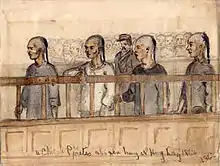Portal:Piracy
Introduction

Piracy is an act of robbery or criminal violence by ship or boat-borne attackers upon another ship or a coastal area, typically with the goal of stealing cargo and other valuable goods. Those who conduct acts of piracy are called pirates, vessels used for piracy are pirate ships. The earliest documented instances of piracy were in the 14th century BC, when the Sea Peoples, a group of ocean raiders, attacked the ships of the Aegean and Mediterranean civilisations. Narrow channels which funnel shipping into predictable routes have long created opportunities for piracy, as well as for privateering and commerce raiding.
Historic examples of such areas include the waters of Gibraltar, the Strait of Malacca, Madagascar, the Gulf of Aden, and the English Channel, whose geographic structures facilitated pirate attacks. The term piracy generally refers to maritime piracy, although the term has been generalized to refer to acts committed on land, in the air, on computer networks, and (in science fiction) outer space. Piracy usually excludes crimes committed by the perpetrator on their own vessel (e.g. theft), as well as privateering, which implies authorization by a state government.
Piracy or pirating is the name of a specific crime under customary international law and also the name of a number of crimes under the municipal law of a number of states. In the early 21st century, seaborne piracy against transport vessels remains a significant issue, with estimated worldwide losses of US$16 billion per year in 2004, particularly in the waters between the Red Sea and Indian Ocean, off the Somali coast, and also in the Strait of Malacca and Singapore. Modern-day pirates are armed with automatic weapons, such as assault rifles, and machine guns, grenades and rocket propelled grenades. They often use small motorboats to attack and board ships, a tactic that takes advantage of the small number of crew members on modern cargo vessels and transport ships. The international community is facing many challenges in bringing modern pirates to justice, as these attacks often occur in international waters. Nations have used their naval forces to repel and pursue pirates, and some private vessels use armed security guards, high-pressure water cannons, or sound cannons to repel boarders, and use radar to avoid potential threats. (Full article...)
Selected biography -
William Kidd (c. 1654 – 23 May 1701), also known as Captain William Kidd or simply Captain Kidd, was a Scottish privateer. Conflicting accounts exist regarding his early life, but he was likely born in Dundee and later settled in New York City. By 1690, Kidd had become a highly successful privateer, commissioned to protect English interests in North America and the West Indies.
In 1695, Kidd received a royal commission from the Earl of Bellomont, the governor of New York, Massachusetts Bay and New Hampshire, to hunt down pirates and enemy French ships in the Indian Ocean. He received a letter of marque and set sail on a new ship, Adventure Galley, the following year. On his voyage he failed to find many targets, lost much of his crew and faced threats of mutiny. In 1698, Kidd captured his greatest prize, the 400-ton Quedagh Merchant, a ship hired by Armenian merchants and captained by an Englishman. The political climate in England had turned against him, however, and he was denounced as a pirate. Bellomont engineered Kidd's arrest upon his return to Boston and sent him to stand trial in London. He was found guilty and hanged in 1701. (Full article...)Selected article -
The Golden Age of Piracy is a common designation for the period between the 1650s and the 1730s, when maritime piracy was a significant factor in the histories of the North Atlantic and Indian Oceans.
Histories of piracy often subdivide the Golden Age of Piracy into three periods: (Full article...)Did you know?
- ... that the opera The Devil and Daniel Webster features a jury of ghosts made up of famous historical American figures who are now residents of Hell; including the pirate Blackbeard?
- ... that indigenous Australian artist Daniel Boyd has depicted colonial figures including Captain James Cook and Governor Arthur Phillip as pirates?
- ... that the current Indonesian ambassador to Nigeria, Usra Hendra Harahap, personally led a rescue operation to free Indonesian crew members taken hostage by pirates in June 2020?
- ... that HMS Redpole, one of the aptly-named coffin brigs, sank in an action with a pirate vessel in August 1828?
- ... that Saudi Arabian broadcaster beoutQ pirated and resold beIN Sports programmes during the Qatar diplomatic crisis?
- ... that there is only one account of walking the plank?
- ... that English pirate Henry Every, who was sometimes known as Long Ben, was one of the few major pirate captains to retire with his loot without being arrested or killed in battle?
- ... that in the Golden Age of Piracy, the word "pirate" was often spelled "pyrate" or "pyrat"?
Selected quotations
| “ | Nobody but myself and the devil knows where my treasure is hid, and the longer liver will take all! | ” |
| — Blackbeard, November 17, 1718 | ||
General images
Selected Jolly Roger
.svg.png.webp)
Subcategories
Topics
WikiProjects
Things you can do

Contribute
- Work on piracy and pirate articles and help improve them to featured articles.
Expand
- Piracy stub articles
Join
- WikiProject Piracy
WikiProject Piracy Requests
- eliminate red links from List of pirates
- expand Timeline of piracy, specifically to fill in vast gap between the 1890s to 2000s
- revise Bartholomew Roberts
- help with Requested articles and Expand articles
- help with Portal:Piracy
- Create Modern Piracy
Associated Wikimedia
The following Wikimedia Foundation sister projects provide more on this subject:
-
 Commons
Commons
Free media repository -
 Wikibooks
Wikibooks
Free textbooks and manuals -
 Wikidata
Wikidata
Free knowledge base -
 Wikinews
Wikinews
Free-content news -
 Wikiquote
Wikiquote
Collection of quotations -
 Wikisource
Wikisource
Free-content library -
 Wikiversity
Wikiversity
Free learning tools -
 Wiktionary
Wiktionary
Dictionary and thesaurus
-
 List of all portalsList of all portals
List of all portalsList of all portals -
 The arts portal
The arts portal -
 Biography portal
Biography portal -
 Current events portal
Current events portal -
 Geography portal
Geography portal -
 History portal
History portal -
 Mathematics portal
Mathematics portal -
 Science portal
Science portal -
 Society portal
Society portal -
 Technology portal
Technology portal -
 Random portalRandom portal
Random portalRandom portal -
 WikiProject PortalsWikiProject Portals
WikiProject PortalsWikiProject Portals

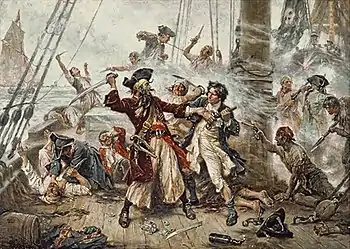
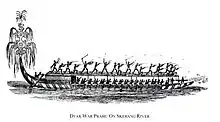
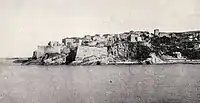
.jpg.webp)
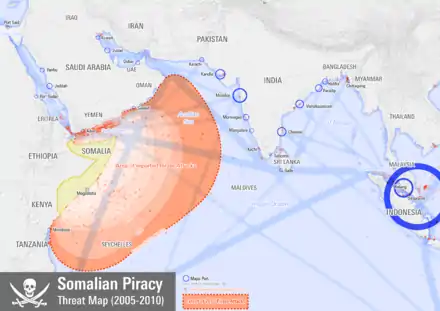
_pirates_fighting_British_and_French_sailors%252C_painting_from_1772.jpg.webp)
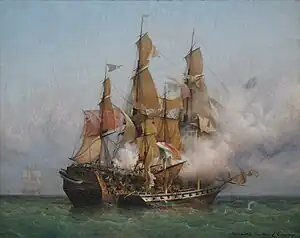
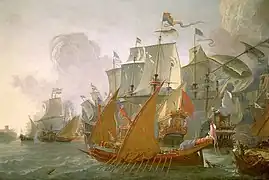
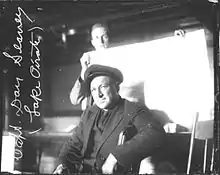
_by_Aert_Anthoniszoon.jpg.webp)
.jpg.webp)
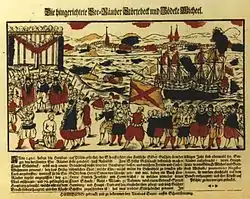

_-_Foto_Giovanni_Dall'Orto%252C_13-4-2006_12.jpg.webp)
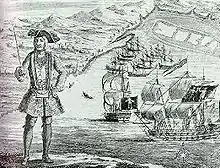
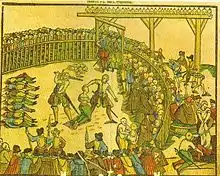



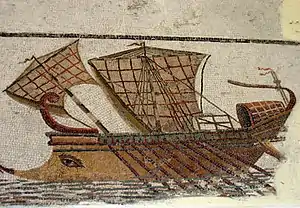

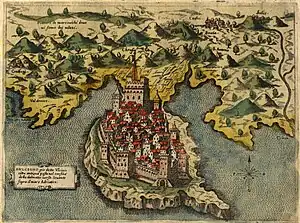
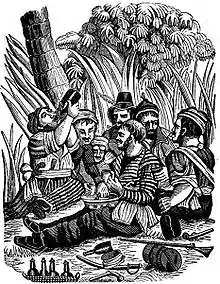
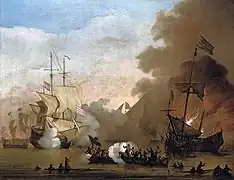
_3.svg.png.webp)


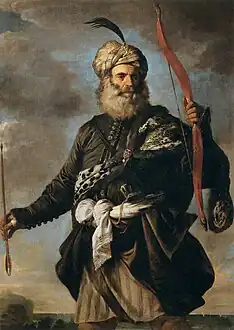
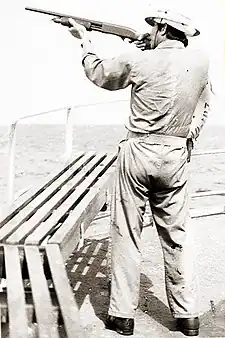


_Moro_'pirate'.jpg.webp)
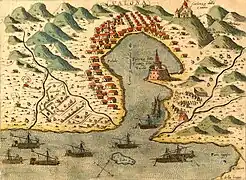
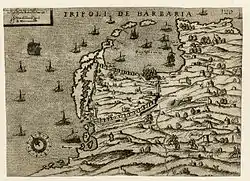

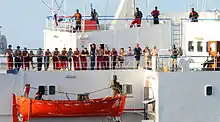
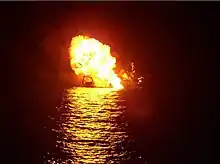

.jpg.webp)




.jpg.webp)
.jpg.webp)


_approaches_a_suspected_p.jpg.webp)
.jpg.webp)


.jpg.webp)
.jpg.webp)





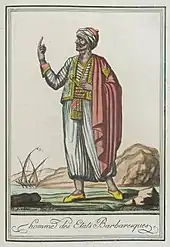
.jpg.webp)


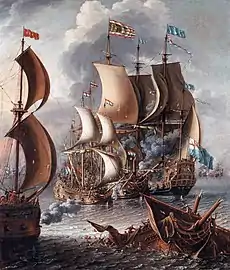
_crop.jpg.webp)
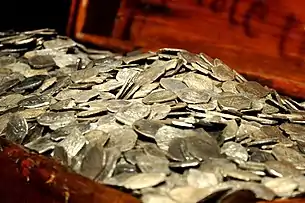

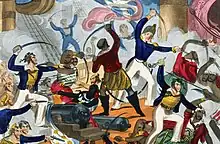
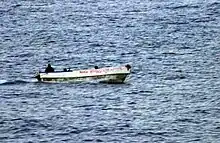
.jpg.webp)

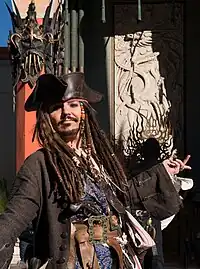

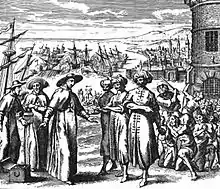
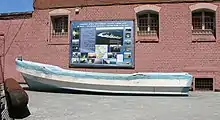
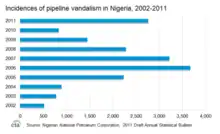
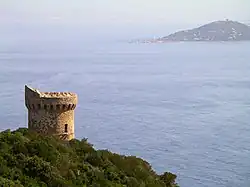

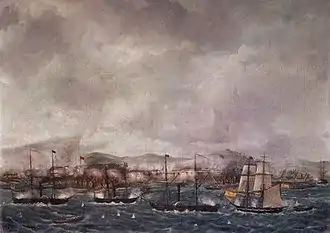
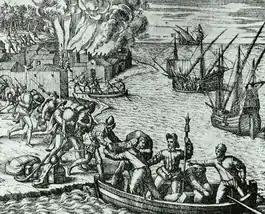
.jpg.webp)
